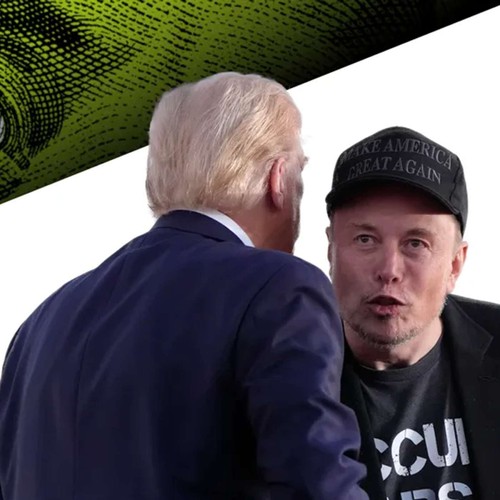
 Master Plan
Master Plan BONUS: The Master Planners’ Election (With Sen. Sheldon Whitehouse)
Nov 4, 2024
Senator Sheldon Whitehouse, a United States Senator from Rhode Island and author of "The Scheme," joins David Sirota to discuss the overwhelming influence of money in politics, particularly post-Citizens United. They analyze how billionaires like Elon Musk affect electoral dynamics and the dark money's role in obscuring accountability. The conversation also sheds light on potential reforms for campaign finance and the implications of dark money on democracy, urging audience engagement in the fight for transparency.
AI Snips
Chapters
Transcript
Episode notes
Citizens United Transformed Election Money
- The 2010 Citizens United ruling dramatically changed election financing by enabling anonymous super PACs to spend unlimited amounts.
- This shift hid the true donors and undermined transparency, weakening public oversight over political advertising.
Hidden Powers Behind Dark Money
- Some billionaires, like Elon Musk, openly back candidates, but many others use elaborate anonymity structures.
- Fossil fuel industry secretly funded Mitch McConnell to kill bipartisan climate action after Citizens United.
High Public Revulsion for Dark Money
- Public revulsion to political dark money is very high across party lines.
- Despite frustration, people struggle to trust politicians on fixing dark money issues.

